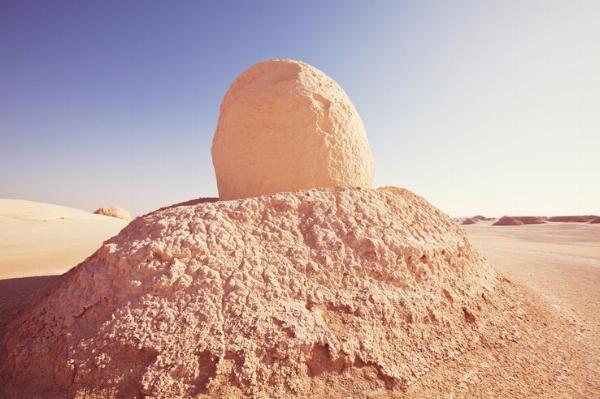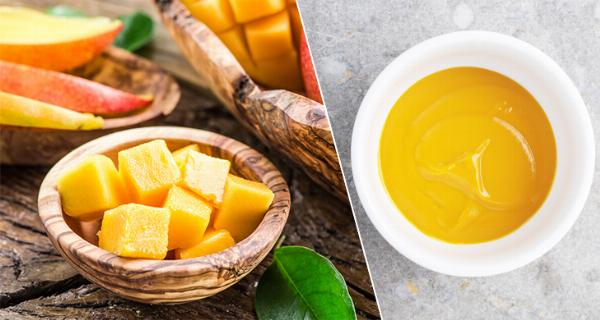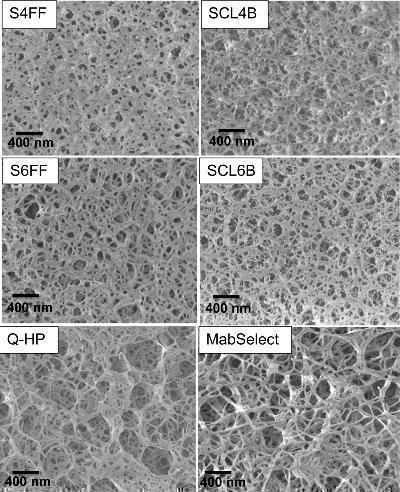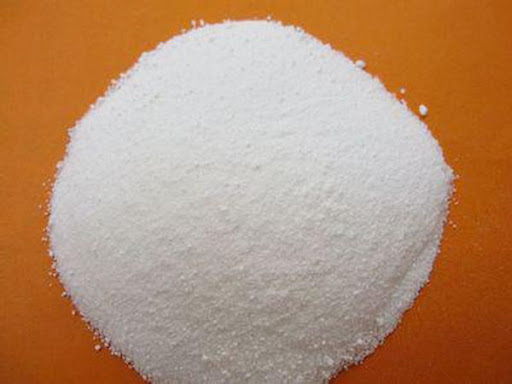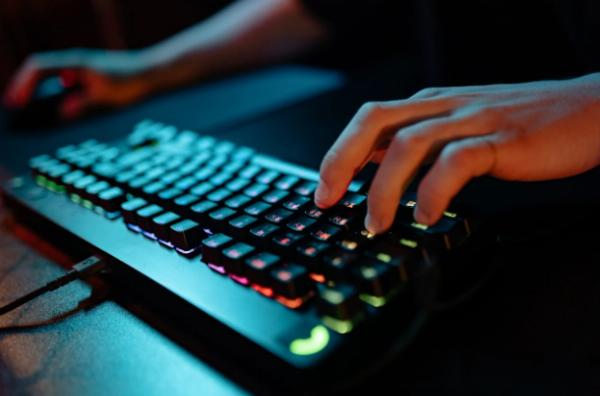Bawaseer Treatment Made Easy: Symptoms, Causes, and Medicine Tips for Pain Relief at Home
Bawaseer, commonly known as piles, is a painful and often ignored condition that affects many individuals. It can cause discomfort, pain, and difficulty in daily life, particularly during sitting or passing stool. Although many individuals feel shy to discuss it openly, timely care with proper medicine can bring significant relief. This article will guide you through the symptoms, causes, and how medicines can help in managing bawaseer safely at home.
What is Bawaseer?
Bawaseer refers to the swelling of veins in the lower rectum or around the anus. It can be internal (inside the rectum) or external (outside, under the skin around the anus). Both types can cause problems, but treatment is often possible through simple steps and medicine.
Main Symptoms of Bawaseer
Knowing the symptoms can help in identifying the issue early. Common signs include:
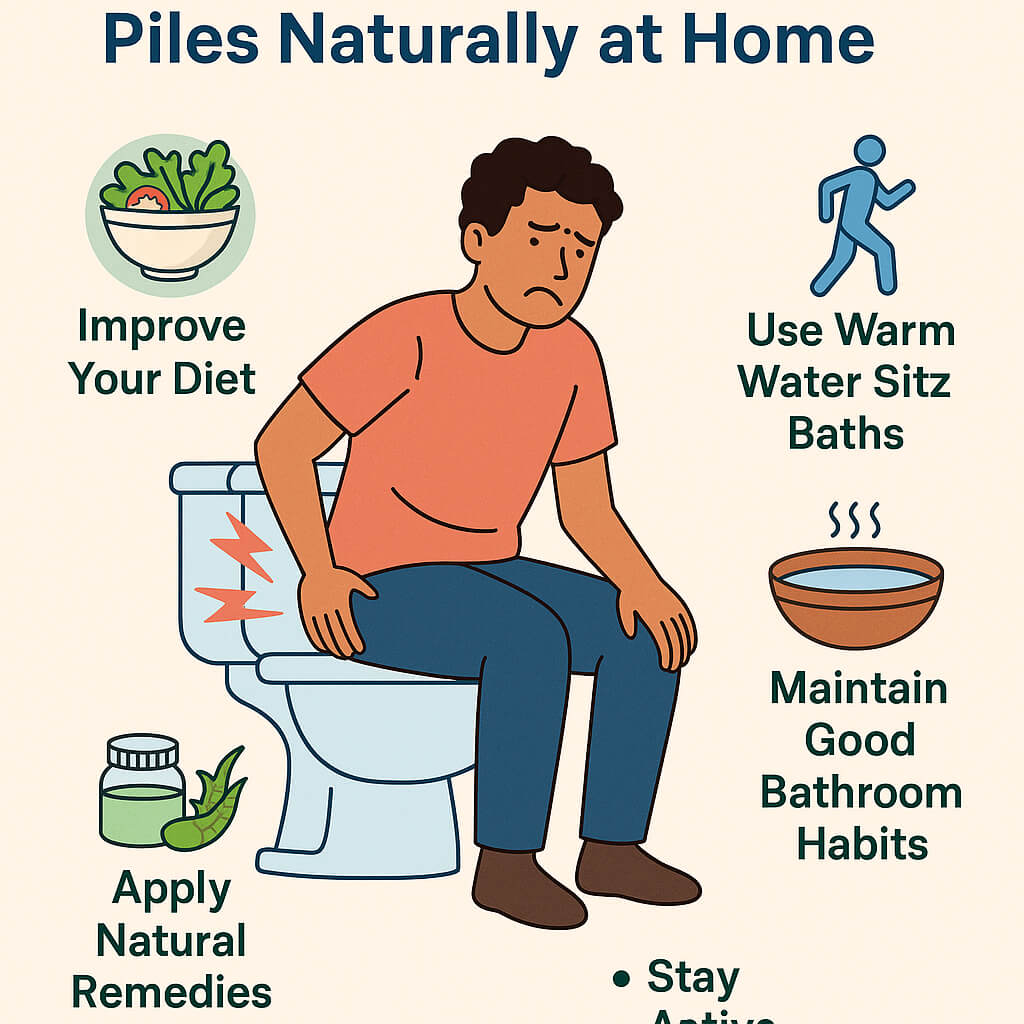
- Pain or burning during bowel movements
- Bleeding from the anus while passing stool
- Swelling or a small lump near the anus
- Itching or irritation around the anal area
- Feeling of heaviness or incomplete stool
These signs may appear in different ways depending on the type and stage of the condition.
Causes Behind Bawaseer
Bawaseer can develop due to several everyday habits or health conditions. The most common reasons include:
- Constipation and hard stool
- Sitting for long hours, especially on the toilet
- Low-fiber diet and lack of water
- Heavy lifting or physical pressure
- Obesity
- Pregnancy (due to pressure on pelvic veins)
Understanding what may have caused it helps in choosing better treatment options.

Bawaseer Treatment Medicine in Pakistan – What Works Best?
Medicines are often the first line of treatment and help manage symptoms at home. The goal of medicine is to reduce pain, control swelling, and support healing.
Types of Medicines Commonly Used:
- Pain Relief Tablets: Painkillers help reduce discomfort. These are used when pain becomes hard to handle, especially after passing stool.
- Topical Creams and Ointments: These are applied directly to the affected area. They reduce itching, soothe the skin, and help in shrinking swollen veins. Some creams may include mild anti-inflammatory ingredients.
- Suppositories: For internal bawaseer, suppositories are used. These small tablets are inserted into the rectum to provide relief from inside. They help reduce swelling and make bowel movements smoother.
- Laxatives or Stool Softeners: Constipation worsens bawaseer. Medicines that soften stool or help with regular bowel movement are important in recovery.
- Herbal and Natural Products: Some people use herbal mixtures, tablets, or powders. These may help with digestion, reduce swelling, and improve blood flow. However, it's best to read labels and avoid self-mixing multiple remedies.
Tips for Safe Use of Medicines:
Medicines work best when used with care. Here are a few tips:
- Read instructions carefully before using any medicine.
- Do not overuse creams; they may cause thinning of the skin if misused.
- Avoid using expired or unknown herbal products.
- If no improvement is seen in 7 days, consult a medical expert.
- Never ignore symptoms like heavy bleeding or severe pain.
Home Care Along With Medicine:
Medicines alone are not enough. A few lifestyle changes can speed up healing and prevent the issue from coming back:

- Eat More Fiber: Fiber helps make stool soft and easy to pass. You can get fiber from fruits like papaya, apple, and oranges; vegetables like spinach and carrots; and whole grains like oats and brown rice.
- Drink Plenty of Water: Water keeps the digestive system clean and avoids constipation. Aim for 8–10 glasses daily.
- Stay Physically Active: Light walking or stretching helps blood flow and reduces pressure on the rectum.
- Do Not Delay Toilet Time: Go to the toilet when you feel the need. Holding it in can make the stool hard and dry.
- Avoid Long Sitting on the Toilet: Don’t take your phone to the bathroom. Sitting too long increases pressure on the veins.
When to See a Doctor?
While medicines and home care help in most cases, some symptoms need medical attention:
- Bleeding that doesn’t stop
- Swelling that keeps growing
- Severe or sharp pain
- Piles coming out during bowel movement (prolapse) If any of these happen, visit a doctor. In some cases, small procedures may be needed.
Conclusion:
Bawaseer is not a life-threatening problem, but it can become serious if ignored. The good news is that treatment is often simple. With the right bawaseer treatment medicine in Pakistan and a few changes in lifestyle, most people find good relief. It's always better to take early steps than wait for the pain to grow. Medicines can reduce pain, help in healing, and make daily life normal again. Use this guide as a starting point, and take care of your body in simple ways – naturally and safely!
Bawaseer Treatment Made Easy offers a comprehensive yet user-friendly guide on managing Bawseer symptom relief at home, providing valuable insights into its causes as well. With this resourceful article by my side for guidance and tips in accessing medical aid without any hassle or delay.


